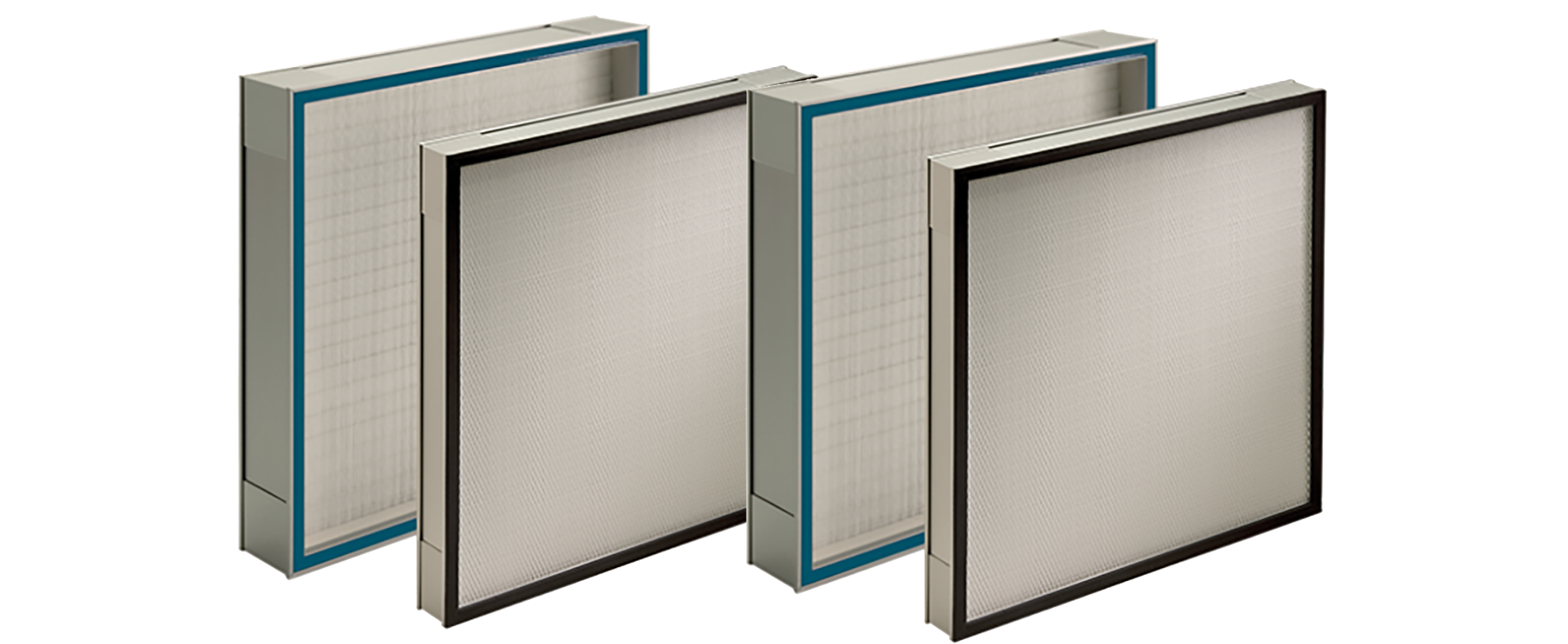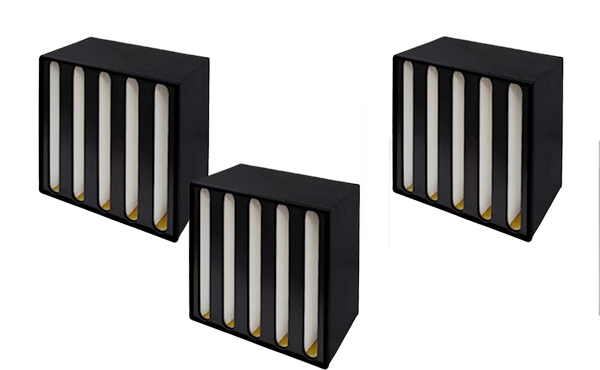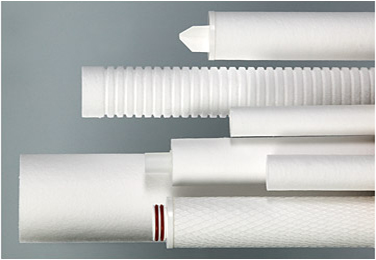Ryan Berkley, CAFS, is president of B&B Filters. As a certified air filter specialist by the National Air Filtration Association (NAFA), Ryan’s completed extensive training and testing in the field of air filtration and has a thorough understanding of air filtration principles, technologies and practices. This high level of filter expertise allows Ryan to provide school districts, universities, hospitals, manufacturers, laboratories, research facilities and others customized, quality solutions to their air filtration needs.
The Importance of HEPA Filters

By Ryan Berkley, CAFS
HEPA filters have transformed air purification across diverse environments—from residential homes to critical healthcare facilities. These powerful filtration systems provide cost-effective solutions for maintaining superior indoor air quality.
I've witnessed firsthand how these filters deliver exceptional results for hospitals and industrial facilities throughout the Tennessee Tri-Cities region, including Johnson City, Kingsport, Bristol, and Elizabethton — as well as in Morristown, Knoxville, Clarksville, and Murfreesboro.
How Do HEPA Filters Work?
High Efficiency Particulate Air (HEPA) filters capture the tiniest airborne contaminants, including dust mites, pollen, pet dander, and microscopic allergens. This advanced filtration technology creates dramatically cleaner indoor environments while significantly reducing respiratory irritants.
For individuals managing asthma, allergies, or other respiratory conditions, HEPA filtration systems offer life-changing benefits. Whether integrated into HVAC systems, standalone air purifiers, or HEPA vacuum cleaners, these filters provide unmatched efficiency in removing airborne pollutants and creating healthier breathing spaces.
What is a HEPA Filter?
Microscopic pollutants pose invisible threats to indoor air quality. Dust particles, seasonal allergens, pet dander, and other contaminants circulate continuously through our living and working spaces. HEPA filters provide the solution.
HEPA stands for High Efficiency Particulate Air. These specialized filters must capture at least 99.97% of particles measuring 0.3 microns or larger—a standard that ensures exceptional air purification performance. To put this in perspective, these filters trap particles 300 times smaller than the width of human hair.
When properly installed in HVAC systems, air conditioning units, or portable air purifiers, HEPA filters dramatically improve indoor air quality. This advanced purification technology removes harmful pollutants while promoting healthier indoor environments.
Regular filter replacement maintains optimal performance and ensures your filtration system continues meeting strict HEPA standards for clean, breathable air.
HEPA Filter’s Triple-Action Approach
HEPA filters employ three distinct particle-capture mechanisms working simultaneously:
- Interception captures larger particles when they pass close to filter fibers, effectively trapping dust, pollen, and visible contaminants.
- Impaction stops medium-sized particles that cannot navigate through the dense filter matrix, including many allergens and microscopic debris.
- Diffusion handles the smallest particles by causing them to collide with air molecules and adhere to filter fibers, ensuring comprehensive air purification even for ultra-fine contaminants.
This triple-action approach makes HEPA filters incredibly effective across the entire spectrum of airborne pollutants. Regular maintenance and timely filter replacements sustain peak performance, keeping your air conditioning and ventilation systems operating at maximum efficiency.
According to Dr. Joseph Allen, "HEPA filters are the gold standard for air filtration, capable of removing up to 99.97% of airborne particles."
Benefits of Using HEPA Filters
HEPA filtration technology offers substantial advantages for indoor air quality improvement. These high-performance filters excel at reducing allergens, dust accumulation, and pet dander — creating safer environments for people with asthma and respiratory sensitivities.
The health benefits extend beyond basic air cleaning.
HEPA filters remove microscopic pollutants that contribute to respiratory inflammation, seasonal allergy symptoms, and long-term health concerns. This comprehensive air purification is particularly valuable for vulnerable populations, including children, elderly individuals, and those with compromised immune systems.
Current air purification trends show rapidly increasing adoption of HEPA technology across residential and commercial applications. Growing awareness of indoor air quality's impact on health drives more homeowners and businesses to upgrade their HVAC systems and air conditioning units with HEPA filtration.
HEPA filters also provide exceptional long-term value through consistent performance and reliability. Unlike basic filters that lose efficiency over time, quality HEPA filters maintain their high pollutant removal rates throughout their service life. This dependable performance makes them essential components in any serious air quality improvement strategy.
Choosing the Right HEPA Filter for Your Needs
Selecting the optimal HEPA filter requires evaluating several key factors to ensure effective air purification for your specific situation.
- Room Size and Capacity: Different air purifying devices handle varying square footage. Larger spaces require robust HEPA filtration systems with higher air exchange rates to effectively capture airborne particles throughout the entire area.
- Specific Pollutant Concerns: Research indicates that 90% of American households experience indoor air quality issues due to inadequate air purification. If you're dealing with specific challenges like pet allergies, dust mite sensitivity, or seasonal pollen, choose HEPA filters optimized for those particular contaminants.
- Application Type: HEPA vacuum cleaners excel for floor-level pollutant removal, while whole-house HVAC HEPA filters provide comprehensive air cleaning. Portable air purifiers offer targeted room-by-room solutions for specific problem areas.
- Maintenance Requirements: Select filtration systems that allow easy filter replacement and performance monitoring. This ensures sustained air quality improvement and protects your investment in cleaner indoor air.
By carefully evaluating these factors, you can choose the right HEPA filter solution that delivers optimal results for your indoor air quality needs.
Looking for customized air filter solutions, faster delivery, or more cost-effective filter options? For personalized recommendations and expert guidance on selecting the right air or water filters, or if you have questions about your air and water filtration challenges, please call (423)-775-2932 or email us.
Share
Similar Posts










